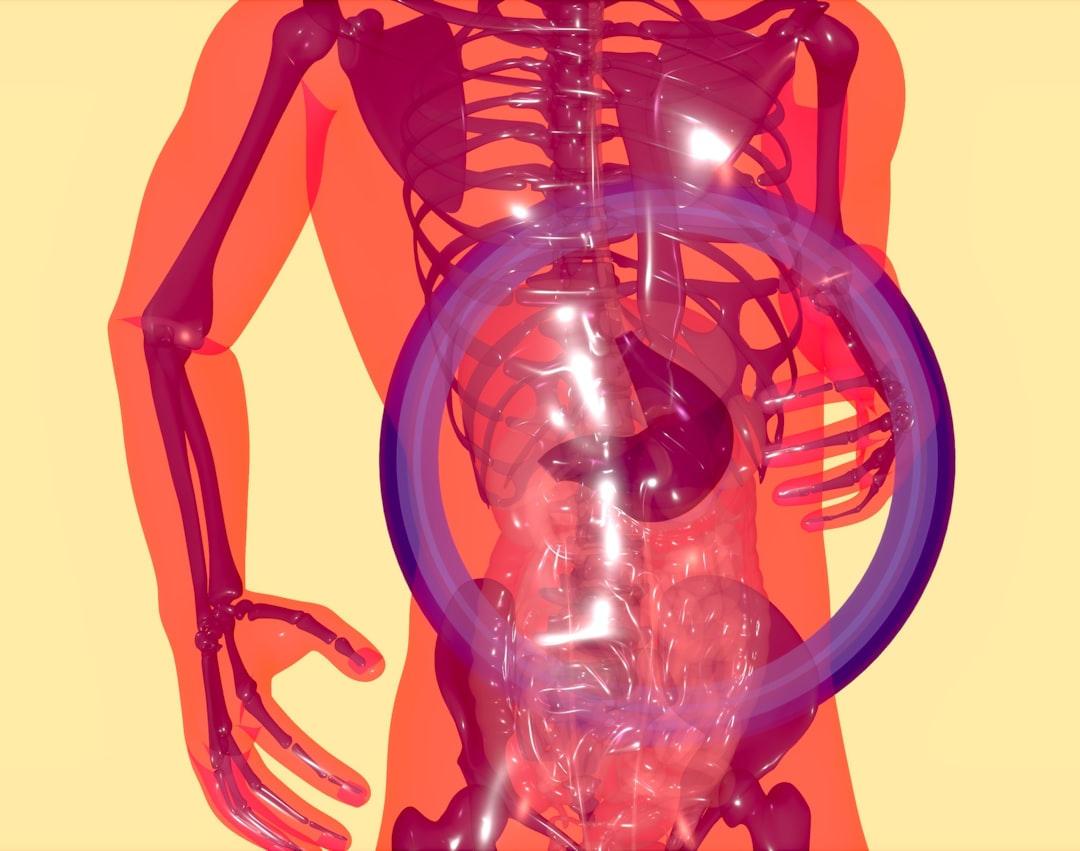What is it about?
This paper explores the history and current issues of Australian dietetics profession through analysing diversity and representation. We find that dietetics has been dominated by white middle class women since its inception, a phenomena which continues today. This dominance has also created a 'normalisation' of western food ways, an unspoken expectation of slim bodies and reinforces the social association of food as women's business. Through problematising the lack of diversity in the profession, this paper aims to stimulate a conversation about the structural, political and representational issues which function to maintain the status quo, with the aim to transform the profession for inclusion and diversification of peoples.
Featured Image

Photo by Outcast India on Unsplash
Why is it important?
The public dialogue about diversity and representation of peoples in Australian dietetics is only just beginning and this paper brings a critical analysis of why things are the way they are in the profession. It also highlights the peoples who have been historically missing in the profession. We offer the following recommendations to the profession for action, informed by this analysis, as the beginnings of an agenda for increasing diversity and representation in Australian dietetics: i) adopt a ‘lens’ in practice and research which can ‘see’ systems of oppression, and embrace the political nature of transforming health and social systems towards social justice; ii) challenge structures of accepted universalisation of western normative expectations through meaningful contributions of non-Western epistemologies, non-Western food-ways and non-slim bodies to the dietetics landscape; iii) challenge the stereotypes of dietitians which perpetuate homogeneity and conformity in the profession through privileging discourses (in text, image and audio) which honours diversity and representation of peoples in dietetics. The path for dietetics as a profession is to reckon with its historical roots and step forward, out of the comfort of perceived position of objective neutrality regarding people and diversity, and into a position that can recognise that professional institutions can harness their institutional power to deliberately and persistently include diverse peoples and transform the profession.
Perspectives
When I started working on this paper, I quickly came to the realisation that the Australian dietetics profession has not been the focus of analysis for diversity, where as the Canada, the UK and the US dietetics professions have been having this conversation for years. To work towards solving a problem we must first name what it is, and this critical approach to understanding diversity through exploring power and privilege, and marginalisation is a vital part of the story. It is my hope that this paper will 'ring true' for diverse peoples in dietetics and validate their experiences, while also stimulating much deep thinking across the profession. I wrote this paper as a dietitian myself, calling the profession that I love to do better, so that all who want to be dietitians have a place to belong and call home.
Robyn Delbridge
Swinburne University of Technology
Read the Original
This page is a summary of: Exploring the relevance of intersectionality in Australian dietetics: Issues of diversity and representation, Sociology of Health & Illness, April 2022, Wiley,
DOI: 10.1111/1467-9566.13471.
You can read the full text:
Contributors
The following have contributed to this page










